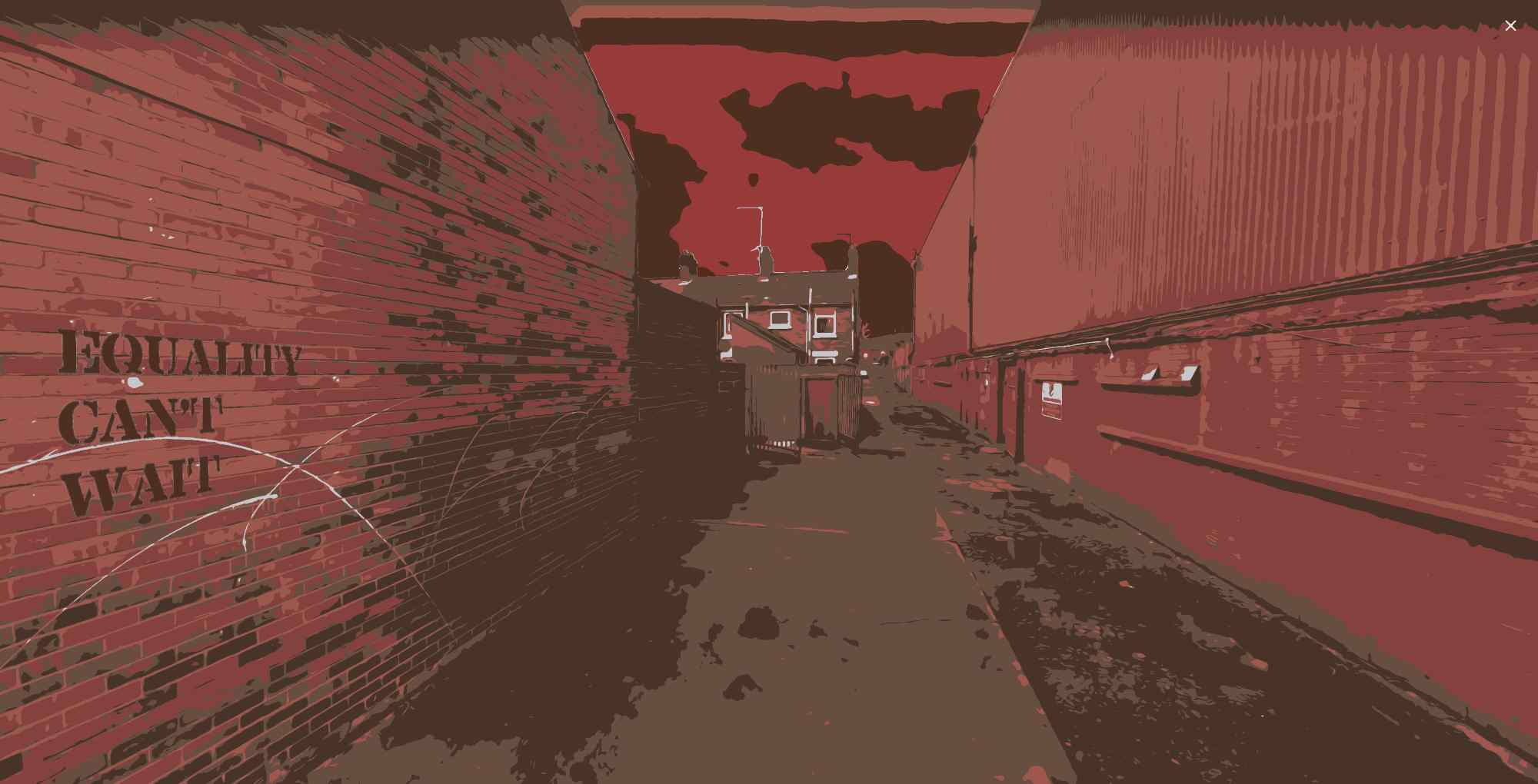
Policy Watch
An eye on policy changes in Ireland, the UK and beyond
Children in the asylum system in Northern Ireland
Findings from early work with asylum seekers
In November 2018, for instance, a group of refugees and people seeking asylum here carried out a survey amongst 70 asylum seekers in Belfast. The findings revealed that nearly four out of ten adults seeking safety were accompanied by their children. Amongst this group, 88% of parents stated they could not afford the costs – basic items such as food and clothing along with transport, recreational activities, and school trips – associated with raising a family. Over one third of parents said they had been forced to change their child’s school due to relocation by the Home Office. As well as disrupting the child’s education and integration, such moves caused financial hardship (the school uniform grant is only available once a year, so families made to relocate during the school year were forced to pay for the new uniform out of their weekly allowance).
Three quarters of those parents reported they experienced anxiety, isolation, and depression or felt they could not cope with daily activities. In part, they reported, this was because they struggled with being unable to afford things like extracurricular activities, sports and learning musical instruments. Parents said they believed that being able to participate equally in school and out of school activities was vital to their child’s education, development, and integration into their new community; and they felt that their children did not respect them as they were unable to afford even basic things like school uniforms or bus fare. Additional sources reveal particular problems faced by older children and youths – for instance in accessing funding for the higher education places they had won, due to their status as asylum seekers.
The emerging use of hotels as ‘contingency accommodation’
At the time of the 2018 research, asylum seekers were generally living in ‘dispersal accommodation’ in houses and flats, mostly in Belfast. This began to change in mid-2021, when the Home Office (through its contracted asylum accommodation provider Mears Group) began placing people in hostels set up in hotels. In June 2021, according to Home Office information obtained by Freedom of Information request, there were 14 people in this ‘contingency accommodation’; by December 2021 this had risen to 809 people (168 of them children under the age of 18). At end March 2023, Home Office statistics indicated that there were 3,030 asylum seekers and dependents in NI, and of them 1,014 were living in ‘contingency accommodation’ across around 22 hostels around the north.
PPR began working with people placed in these hostels in late 2021 / early 2022, alongside Anaka Women’s Collective. (It is important to note that at that point hotels had been recognised as wholly unsuitable for lengthy stays, particularly for families; the UK government’s Homelessness code of guidance for local authorities, for instance, called such accommodation “particularly detrimental to the health and development of children” and recommended it be used for families in particular “only as a last resort and then only for a maximum of 6 weeks”. A 2021 report by the Independent Chief Inspector of Borders and Immigration, published in May 2022, recommended that the Home Office “develop realistic plans to end the use of hotels for contingency asylum accommodation”)…
Read or download the full briefing from PPR’s online library
More on the right to education for these children
All children, without discrimination, have the legal right to an education (Convention on the Rights of the Child article 28), and education is recognised as being inter-related with promotion and protection of a range of other rights. Yet the specific barriers facing asylum seeking children are poorly understood in NI and the current budget cuts are often used as justification for failures to respect, protect and fulfil this right. As with all economic and social rights, States are obliged to spend the maximum available resources to implement the right, and to ensure there is no backsliding or lessening of people’s ability to access the right. However enormous concerns remain around access to education for children in the households placed in hostels.
The Education and Libraries (NI) Order 1986 (para. 46) sets compulsory school age at 4 years, continuing up until the end of the school year in which the child turns 16. The reality for asylum seeker children is different.
During the 2021/22 school year, access to school places for asylum seeker children was limited, particularly for those who arrived in the second half of the school year. In 2022/23 the Education Authority, with support from Anaka Women’s Collective education officers, school staff and others, had far greater success, especially for primary aged pupils. Older children faced more obstacles, with key stage 4 (years 11 and 12, so 15- and 16-year-olds) by far the most unlikely to find a place. (This issue features in recent research from QUB and the Nuffield Foundation (p. 27, 64, 65))…
Read or download the full briefing from PPR’s online library
